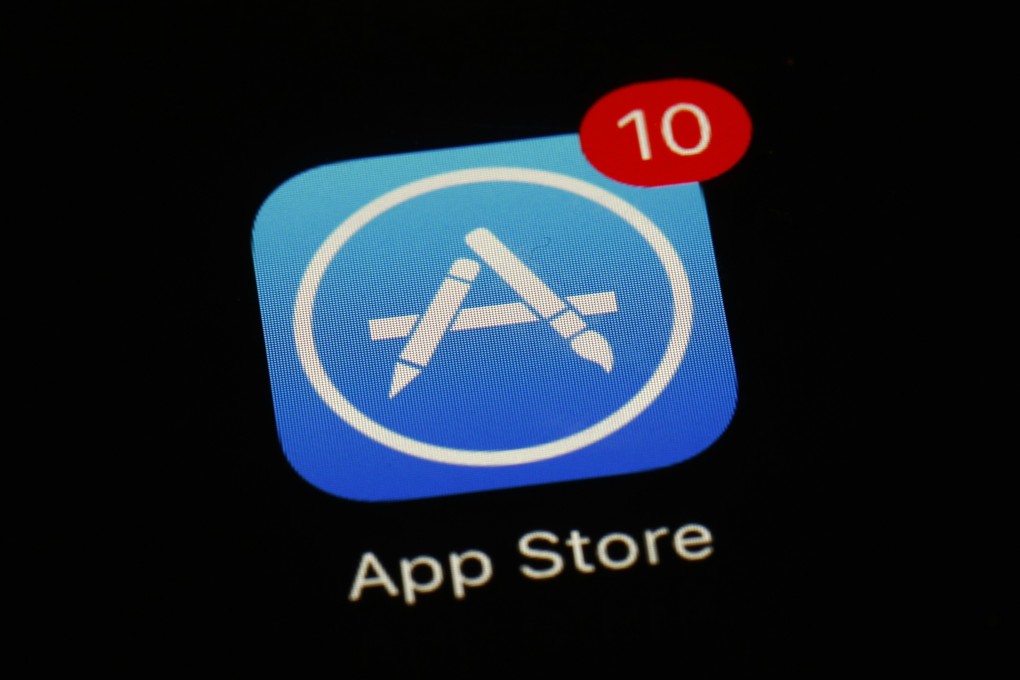Apple removes 39,000 unlicensed video games from China App Store to meet deadline for complying with the country’s strict gaming regulations
- Apple is removing tens of thousands of apps from its China store after giving publishers until December 31 to comply with licensing requirements
- Video games remain tightly regulated in China, where paid mobile games require approval from authorities

Apple removed 39,000 game apps on its China store Thursday, the biggest removal ever in a single day, as it set year-end as deadline for all game publishers to obtain a licence.
The takedowns come amid a crackdown on unlicensed games by Chinese authorities.
Including the 39,000 games, Apple removed more than 46,000 apps in total from its store on Thursday. Games affected by the sweep included Ubisoft title Assassin’s Creed Identity and NBA 2K20, according to research firm Qimai.
Qimai also said only 74 of the top 1,500 paid games on Apple store survived the purge.
Apple did not immediately respond to a request for comment.
Apple initially gave game publishers an end-of-June deadline to submit a government-issued licence number enabling users to make in-app purchases in the world’s biggest games market.